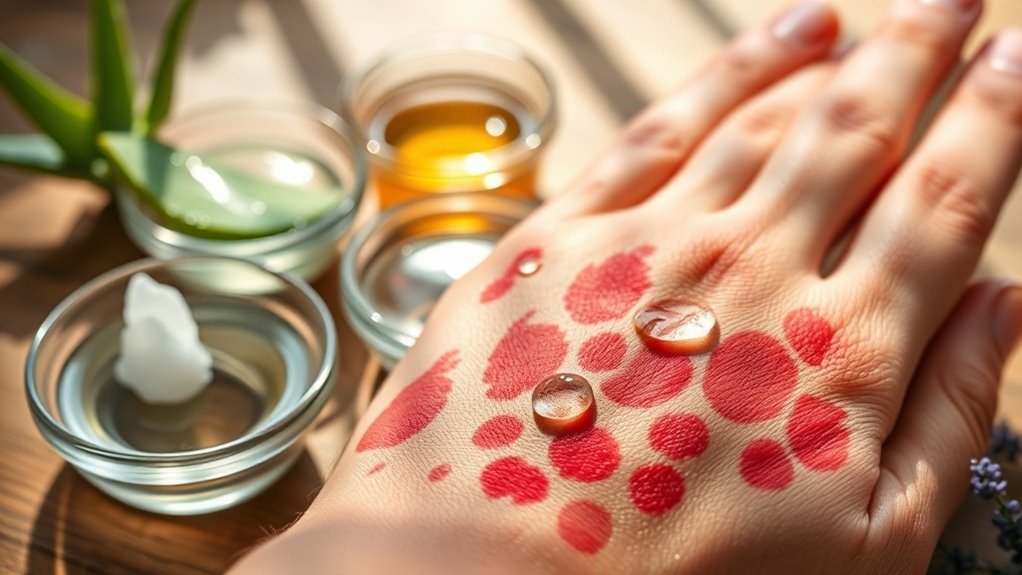Itchy, Red Skin. These Natural Remedies Worked Wonders for Me
You might think that itchy, red skin is just a minor annoyance, but it can indicate underlying issues requiring attention. Many have found relief through natural remedies that can soothe irritation while also enhancing skin health. In this discussion, we’ll explore effective treatments backed by evidence, and you’ll discover strategies to not only address current flare-ups but also prevent future irritations from occurring.
Understanding the Causes of Itchy, Red Skin
When you experience itchy, red skin, it’s essential to recognize that various factors can contribute to this distressing condition.
Common causes include allergic reactions, irritants, skin infections, and underlying medical conditions like eczema or psoriasis.
Identifying the root cause is crucial for determining an effective itchy skin solution. Additionally, understanding the causes of skin irritation can help in preventing future flare-ups.
Consulting a healthcare professional ensures you receive appropriate diagnosis and treatment tailored to your specific needs.
Natural Remedies That Provided Relief
Although many over-the-counter treatments exist, numerous natural remedies can effectively alleviate itchy, red skin. Common options include aloe vera, oatmeal baths, and chamomile compresses. These remedies may reduce inflammation and itching via anti-inflammatory properties and hydration. Addressing underlying factors is essential for relief, as it can lead to more effective treatment to maintain skin health.
| Remedy | Application | Evidence Level |
|---|---|---|
| Aloe Vera | Topical application | Moderate |
| Oatmeal Baths | Soothing soak | High |
| Chamomile | Compress on affected areas | Moderate |
| Coconut Oil | Moisturizing agent | Moderate |
| Witch Hazel | Topical astringent | Low |
Tips for Preventing Future Skin Irritations
To prevent future skin irritations, maintaining proper skin hygiene and adopting protective measures is essential. Incorporate these strategies into your routine:
-
Use gentle, fragrance-free cleansers and moisturizers.
-
Wear breathable, non-irritating fabrics, particularly in hot climates.
-
Avoid excessive exposure to allergens like pollen or harsh chemicals.
-
Maintain a balanced diet rich in omega-3 fatty acids and antioxidants to support skin health.
-
Regularly monitor and assess your skin’s condition to identify common triggers that may lead to irritation.

